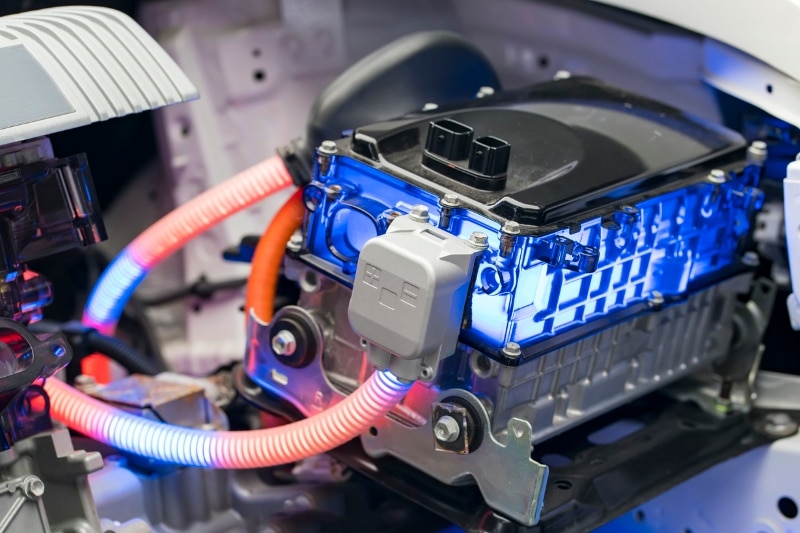Thailand is continuing its strategy to establish itself as a fully integrated manufacturing hub for electric vehicles and components in Southeast Asia. The plan aligns with national climate goals of reaching carbon neutrality by 2050 and net-zero greenhouse gas emissions by 2065. Under the “30@30” policy, the country targets zero-emission vehicles to account for at least 30% of passenger car and pickup truck production—about 725,000 units—by 2030, along with 675,000 electric motorcycles.
The National Electric Vehicle Policy Committee, chaired by Deputy Prime Minister and Finance Minister Pichai Chunhavajira, recently reviewed progress on related measures. According to the Board of Investment, between the program’s launch and June 2025, investment incentives have been approved for 169 projects worth 4.2 billion USD. These cover EV production, batteries, components, charging stations, and battery-swapping facilities.
Among them are 21 battery electric vehicle projects valued at 1.26 billion USD with annual capacity of 386,000 units, and 16 electric motorcycle projects worth 27 million USD with 810,000-unit capacity. Three projects for electric buses and trucks have been authorized, representing 2.2 billion THB (67 million USD) and 4,835 units annually.
Battery manufacturing accounts for the largest share, with 53 projects worth over 2.4 billion USD. In addition, 42 projects focus on key components, totaling 190 million USD. Charging infrastructure is expanding through 29 projects valued at 170 million USD, providing 20,080 charging dispensers, including 7,360 fast chargers.
On the demand side, subsidies and tax incentives have accelerated adoption. By July 2025, Thailand had about 218,510 registered electric cars and 74,411 electric motorcycles.
(Source: Vietnam+)
